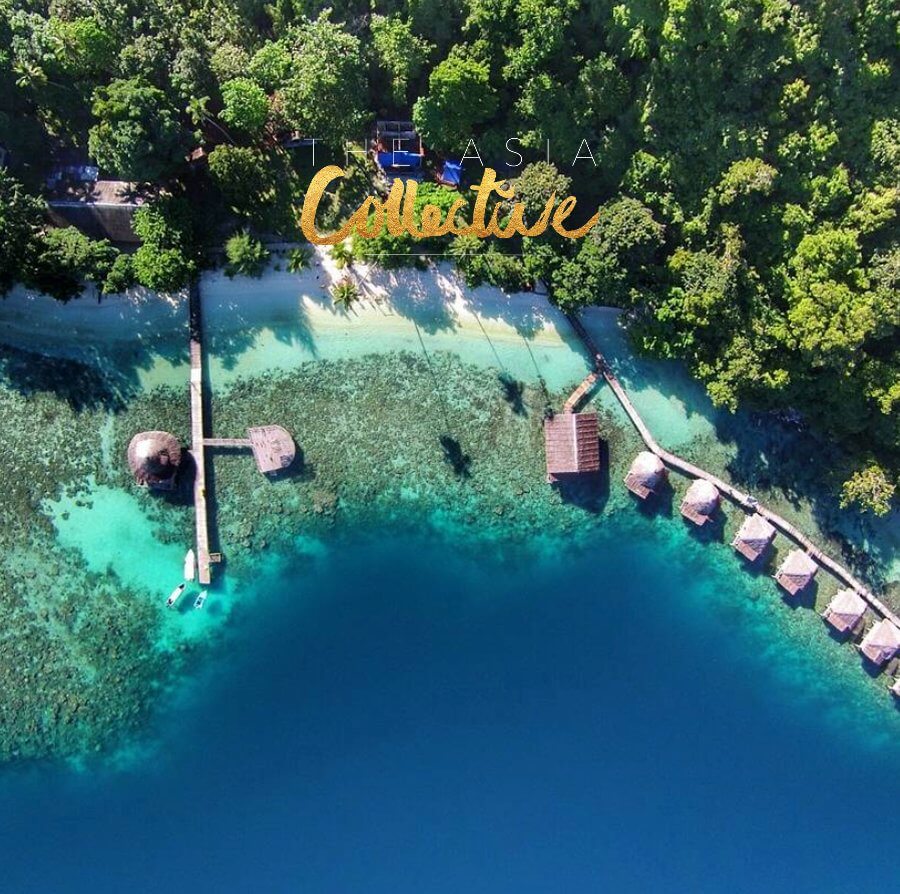GoTravelDaily recently published an article on where to celebrate Latinx/Hispanic culture around the US. It drew some debate with readers around the use of the word “Latinx”. There are varied opinions on this topic, which opened a discussion on how we, as travelers, can inform ourselves to use terms with respect and understanding. To delve deeper into the relationships between race, identity, and language, we consulted travel writer Bani Amor, known for their extensive writings on decolonizing travel culture.
Language has the power to bond communities; however, when it comes to Spanish, the vast racial, ethnic, and national diversity of Latinx individuals in the US—over 52 million strong—means some voices may be excluded from the conversation. Most people may not know or have any interest in learning Spanish, and the colonial history traces back to not just Spain but to various nations that shaped the linguistic landscape of countries from Mexico to Argentina. The prevalence of Portuguese, French, Afro-Caribbean English, and numerous Indigenous languages highlights how language naturally evolves over time, especially since the era of Christopher Columbus.
In recent years, there have been voices—primarily white and mestizo American men—policing language use. Some have commented on the way Black and Afro-descendant Latinxs are perceived as speaking “improper” Spanish, while others resist the neutralization of gender-specific terms like “Latino.” Many defend these positions by claiming that changing language to reflect gender diversity is an attack on the sanctity of what Javier Wallace of AfroLatino Travel refers to as “The Queen’s Spanish.” Conversations with Javier and Miché of Latino Outdoors reveal complexities in how individuals interpret colonizer languages like English and Spanish in expressing their identities.
“I have no attachment to the Spanish language,” Javier shared. As a co-founder of AfroLatino Travel, which leads tours to Latin America focused on Black culture, he expressed that he recognizes the value of multilingualism; however, Spanish, in his view, is a colonial language imposed on him and his ancestors. His grandparents, having migrated from the English-speaking former British West Indies to Panama, preferred English over Spanish due to their experiences with discrimination. Their relationships with language are complex and laden with historical baggage.
On the other hand, Miché identifies as a Two-Spirit Latinx, and they engage with the term Latinx for its inclusivity regarding gender. They share, “I have changed many times… these days I call myself “Latinx,” “Aztec” or “Mexica,” and “Two-Spirit,” as it aligns with their Indigenous heritage. Their journey reflects a reclaiming of identity, historically intertwined with racism and the complexities of belonging in a post-colonial framework.
Javier offers a critique of the term “Latinidad”, stating that it reflects experiences with Latin American whiteness rather than US whiteness. He emphasizes that the term “AfroLatino” was initially meant to acknowledge African heritage, but its misuse can lead to violence against Black people. In fact, a significant portion of the estimated 10.7 million Africans who survived the Middle Passage were trafficked to Latin America, highlighting the deep-seated anti-Blackness still present within Latinx communities.
Reflecting on his experiences, Javier shares, “When I walk into a room of Hispanic people, people are looking at me like, ‘uh, the Black organization is next door.’ To be Black is what ‘Latino’ was constructed off of. Here in the US, as a person of Panamanian heritage, ‘Latino’ does nothing for me.”
As Miché remarks, the debate surrounding the X in Latinx often minimizes more pressing discussions regarding gender identity. They find the disagreements centered around semantics to be counterproductive. They express a willingness to engage in discussions about the complexities of gender and racial identity, but only with those who seek genuine understanding rather than attempting to win arguments.
Both Javier and Miché voiced frustration over the fixation on language policing, emphasizing that these debates detract from the larger discussion concerning the ideological implications of language. Javier points out that discussions concerning gender and sexuality have long existed in Latin America, a perspective often overlooked in favor of a narrative that centers the motherland, Spain.
As a gender/queer Latinx individual of Native and white descent, the use of X signifies a path toward inclusivity. Both women and trans people of color have transformed colonial language into a dynamic tool of identity. The evolving conversation surrounding these terms prompts exploration of what lies beyond the X, paving the way for future expressions of identity.





